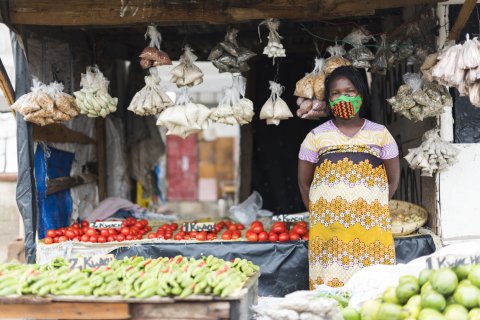International Development Studies
Towards safe, socially just and climate resilient societies for all through an actor-oriented and trans-local approach.
In an interconnected and changing world, it is vital to understand development as a dynamic and innovative process. Development of a people and places are constantly shaped and reshaped through various flows of capital, goods, people, practices, technologies and ideas. Addressing the challenges of persisting poverty, widening inequality and increasing vulnerability to financial and climate crises across Global South and North requires a deeper analysis of effects of translocal development in various geographies.
The research of the section International Development Studies centers on the following questions: How do people navigate through the global flows that shape translocal development? What are their aspirations and sustainability concerns in order to benefit from the opportunities created through the flows? Who and what spaces are excluded? And who are responsible for ensuring safety, inclusivity and justice, or resilience of local spaces people are residing, studying and working in amidst the global flows?
We believe engagement with people – especially in vulnerable conditions in risky spaces, as well as policy makers, development professionals and activists – is imperative to explore these questions. We have a strong engagement with society and an actor-oriented approach, as shown in our leading role in the Netherlands Land Academy (LANDac) and our initiative to establish the Shared Value Foundation. We are also taking a leading role in Utrecht University’s strategic themes through close collaborations with Institutions for Open Societies (at Fair Transitions Platform and Open Cities Platform), and Pathways to Sustainability (Critical Pathways Community).
Contact
For individual members of this research section, please see the staff listing.


